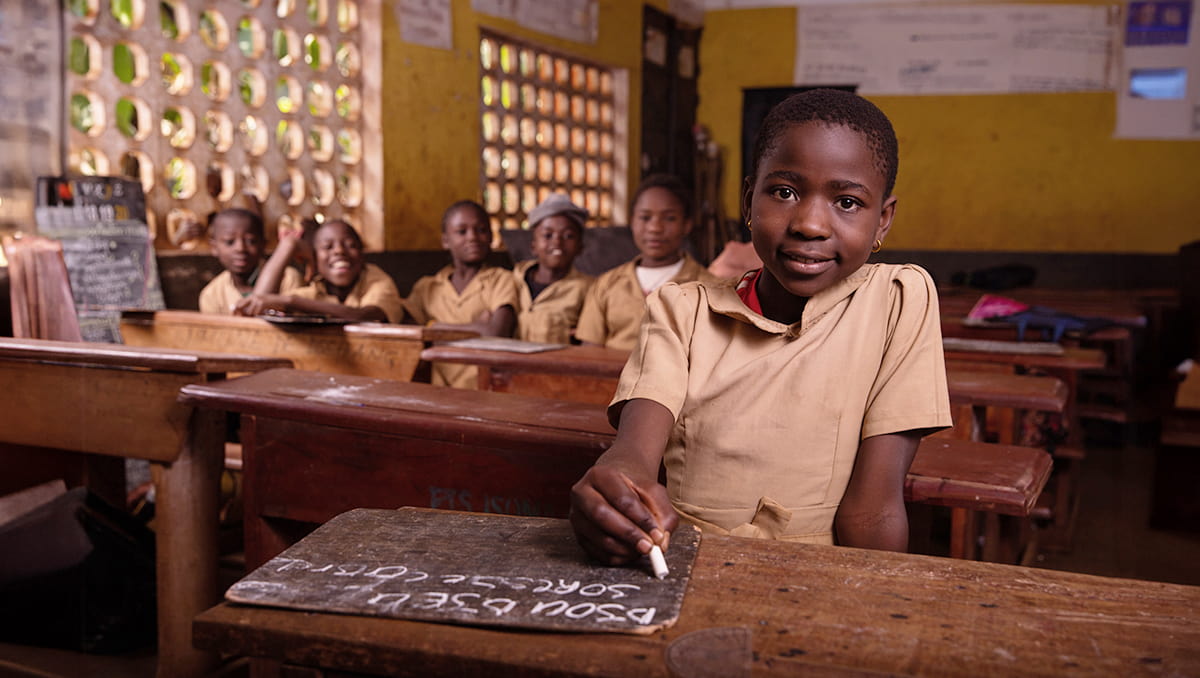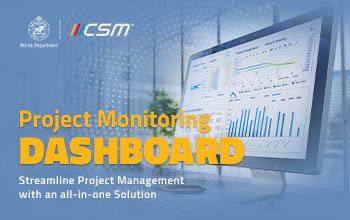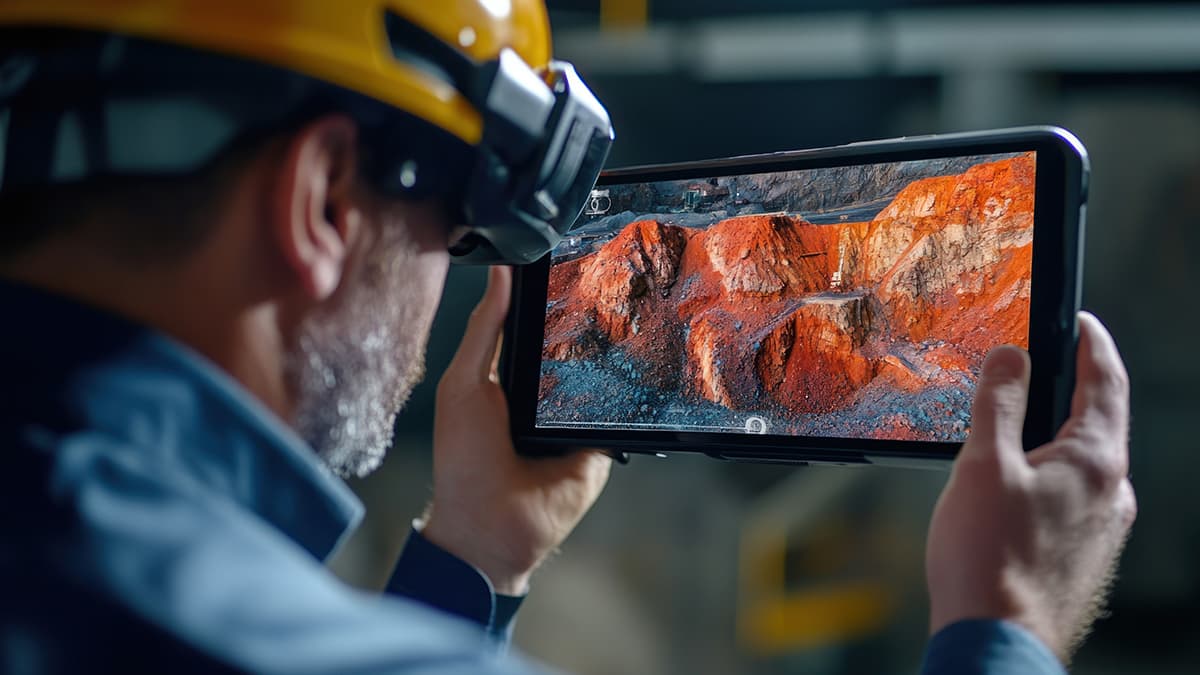
Education has always been a foundation for success, and this is no different in Africa. While education has not always been a priority on this continent, there is a need now to reassess this viewpoint. Child enrollment figures from schools around Africa have been growing at rapid paces. The state of education in Africa states that enrollment in primary schools is more than five times between 2014 and 2024. Education in Africa faces many challenges but also has opportunities for improvement.
Educational Challenges in Africa:
The current state of education is much of Africa is poor. Many children don’t have access to schools, teachers, or learning materials. Poverty, lack of infrastructure, and political instability have all contributed to low enrollment and high dropout rates, especially for girls. However, Africa’s youth population is booming, and with it, a growing demand for education.
Despite significant challenges, the future of education in Africa looks bright. With continued innovation, collaboration, and commitment to overcoming barriers, Africa’s youth have a chance to develop the knowledge and skills to shape the continent’s future. Education will prove to be Africa’s greatest opportunity.
Overcoming the Educational Limitations:
The growth in the world’s labor market is in Africa. As other parts of the world begin to age, Africa will grow its population. So, today’s children will be the talent of tomorrow’s global companies. In the next 30 years, it is projected that sub-Saharan Africa’s working-age population will increase more than twofold accounting for 70% of the world’s total growth. Ensuring girls’ secondary education is particularly impactful. Providing high-quality education today will help build the skills for the world’s future workforce, increase incomes, grow economies, and expand trading partners globally. Providing education equitably across a country’s population can reduce the risk of violent conflict. This “pacifying effect” of education, as conflict researchers often refer to it, can help reduce the risk of civil war and the growth of ungovernable territories and safe havens for violent extremism.
Governments and private organizations are working together to build more schools, such as The Ministry of Education, Ethiopia partnered with the World Bank & CSM Tech to implement a GIS-based School Mapping System which positively impacted the development of education in Ethiopia such as:
- Increased enrollment and attendance
- Decreasing incidents of dropping out
- Improved information for decision-making and
- Enhanced capacities of field actors to plan and take action.
This integrated school mapping is an essential tool capable of overcoming regional imbalances in the availability of educational facilities. This aimed to help the students get hassle-free access to all the various aspects of navigating through the education system. Beyond Ethiopia, CSM Tech has implemented the School Mapping System project in Indian states like Himachal Pradesh, Punjab, and Jharkhand.
From streamlining the admission process to managing the administration of an education institution to managing the training programs of the teachers in these institutions, CSM’s Edvize is one of the best you can get.


























































We will verify and publish your comment soon.